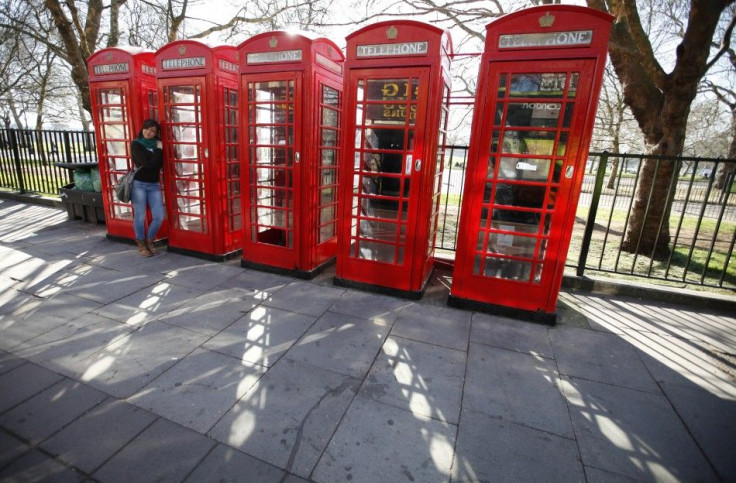UK Falls Into Double-Dip Recession

The United Kingdom, Europe's third-largest economy, fell into recession in the first quarter as its gross domestic product fell 0.2 percent, a contraction that followed the fourth-quarter's 0.3 percent decline.
The decline, which is the country's second since the Great Recession, stemmed from weakness in the construction sector, the nation's Office for National Statistics (ONS) said Wednesday.
Analysts polled by Bloomberg News expected GDP to grow 0.1 percent in the first quarter.
The ONS also said Britain's economy has not expanded at all over the last year, and since the third quarter of 2010 -- when Britain's economy had grown for five consecutive quarters following the 2008-09 recession -- real GDP has actually contracted by 0.2 percent.
Overall services grew from January through March by 0.1 percent while production fell by 0.4 percent. Within production, most of the weakness was from mining and quarrying, which fell by 3.6 percent while manufacturing fell 0.1 percent.
The pronouncement of a double-dip recession -- the nation's first since the 1970s -- hammered the British pound sterling, which fell to $1.6121 from $1.6145 late Tuesday.
It may also spark criticism of the government.
This isn't supportive of the fiscal consolidation program, so the government is likely to be concerned about that, Philip Rush, an economist at Nomura International in London told Bloomberg. The data were bad, and that supports the view that the Bank of England will do a final 25 billion pounds of quantitative easing in May.
The declaration of a recession confirmed many analysts' worries about Britain's economy.
The ... economy is in a desperately fragile state, despite unprecedented stimulus and financial support, said Neil Prothero, economist with the Economist Intelligence Unit, adding that he expects the nation's economy to contract again in the April through June period.
This (second-quarter contraction) should come as no surprise, with the U.K. struggling to adjust to a severe and rare balance-sheet recession. The underlying picture is still one of very weak household consumption and business investment, exports being constrained by a stronger sterling and the inevitable escalation of the euro zone crisis, and government spending now acting as a drag on economic activity. The overall level of U.K. GDP is still 4.3 percent below its pre-crisis peak of 2008.
© Copyright IBTimes 2024. All rights reserved.












